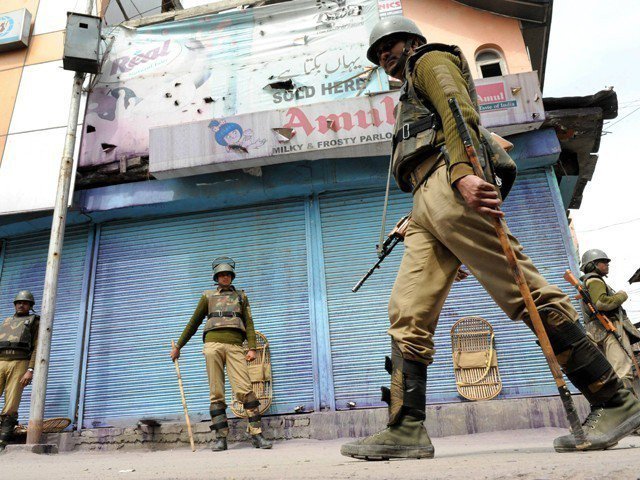
Indian police in the disputed Himalayan region are cracking down on virtual private network (VPN) apps used to circumvent a months-long ban on social media, as part of a broader effort to quell unrest over the withdrawal of the region’s autonomy.
Social networks such as Facebook, WhatsApp, Twitter and Instagram are still blocked, even after the government restored limited mobile data service and the internet in the occupied valley, so residents use VPNs or proxy servers to bypass the restrictions.
"While the government has a duty and responsibility to maintain law and order in the territory, filing cases under the repressive counter-terrorism law over vague and generic allegations and blocking social media sites is not the solution," Avinash Kumar, Executive Director of Amnesty International India, said in a statement issued in Bangaluru on Wednesday.
1: The J&K police is using the #UAPA against people for overcoming the longest-ever internet ban imposed in the world by using social media sites like Facebook & Twitter through #VPNs. If found guilty they can be arrested for up to seven years in jail.https://t.co/HU58532A4h
— Amnesty India (@AIIndia) February 18, 2020
He was responding to the news that the police in occupied Kashmir have invoked the Unlawful Activities (Prevention) Act against people allegedly accessing social media sites through proxy servers in the occupied territory.
India cracks down on use of VPNs in Kashmir to get around social media ban
“Nearly 12 million residents in occupied Kashmir have been living through communication restrictions since August 5, 2019 and now the police is using the UAPA, a repressive counter terrorism law, against the people for overcoming the longest-ever internet ban imposed in the world by using social media sites like Facebook and Twitter through Virtual Private Networks (VPN),” Kumar maintained.
He said the people arrested under this draconian law could be kept for up to seven years in jail.
“Indian government says such sites are blocked to curb the misuse of the sites by miscreants for propagating false information/rumours but the government has almost total control over what information is coming out of the region,” said the Amnesty India’s executive director. “The Indian government needs to put humanity first and let the people of Kashmir speak,” he added.
Prime Minister Narendra Modi’s government revoked special privileges from Muslim-majority occupied region in August in a bid to draw the region closer to India and end a 30-year revolt.
It detained hundreds of people and imposed a communications blackout, saying the actions were needed to prevent people from organising street protests. On Wednesday, security forces killed three rebels in the Tral area of the occupied valley.
Modi’s government has frequently curbed access to the internet in the occupied region and other parts of the country, including briefly in the capital, New Delhi, amid growing protests against a new citizenship law.
As of 2018, India led the world in internet shutdowns, according to a report by internet advocacy group Access Now, accounting for 67 per cent of the total recorded worldwide.
(With additional input from Reuters)
-(1)1717678110-0/Kendrick-(1)-(1)1717678110-0-405x300.webp)




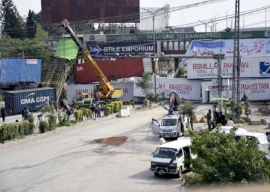


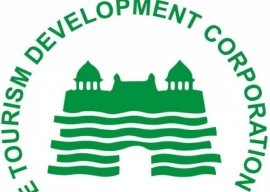
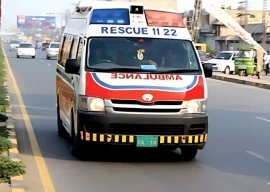
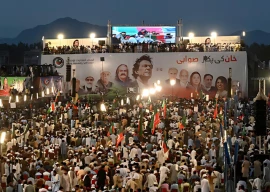
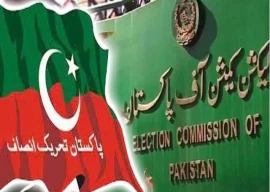
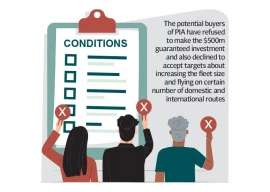
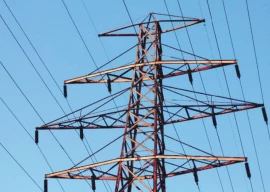

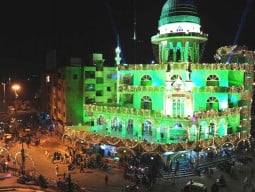
1725699727-0/Untitled-design-(7)1725699727-0-270x192.webp)






COMMENTS
Comments are moderated and generally will be posted if they are on-topic and not abusive.
For more information, please see our Comments FAQ